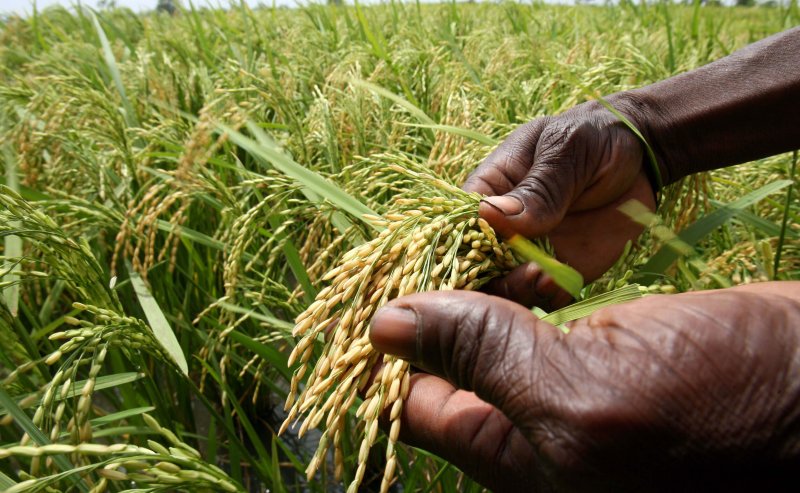To outsiders, Calestous Juma’s rise from humble origins in a remote Kenyan village to an internationally recognized Harvard scholar, science writer and public intellectual, might have seemed improbable. But as Juma himself liked to tell the story, he learned innovation from his parents, whose poverty meant that they constantly had to change to survive.
…
For speaking out in defense of agricultural innovation, and in particular on the controversial issue of genetically modified crops, Juma found himself vilified by anti-GMO activists. However, he refused to hit back, gently reminding critics that he was no single-issue advocate. His 1989 book “The Gene Hunters” was indeed one of the earliest warnings that the biotechnology revolution could be a double-edged sword for Africa.
Moreover, Juma was careful to point out GM crops would only work as part of a broader project to improve agriculture in the continent. “There is no use replacing your computer’s processor if you don’t have electricity,” he commented. Nevertheless, the relentless opposition of many people to technological novelty fascinated him. His final book, “Innovation and its Enemies,” chronicled new technologies and their opposition, from the printing press to margarine to refrigeration.
Read full, original post: Professor Calestous Juma: Advocate for innovation































